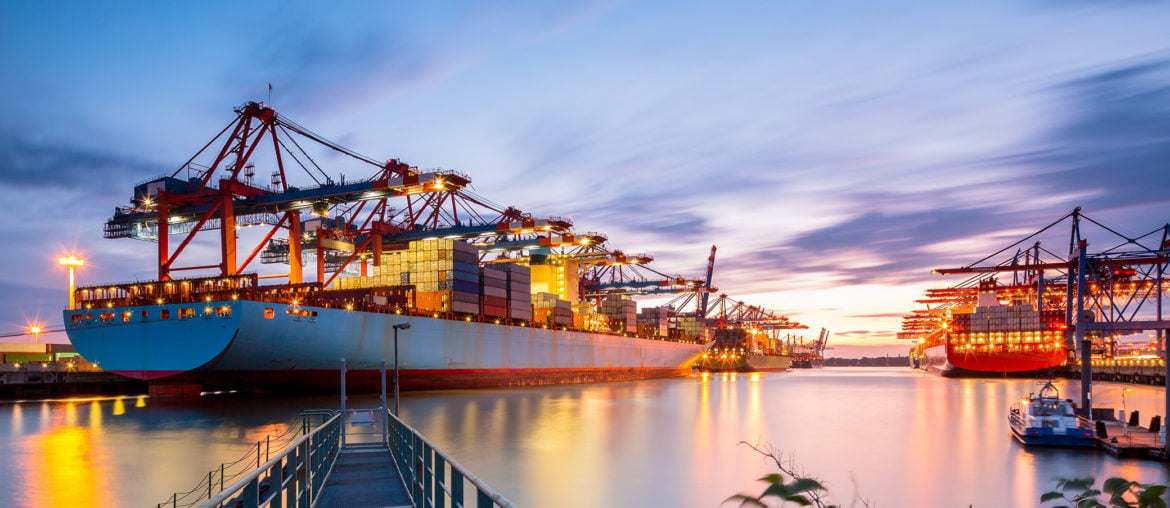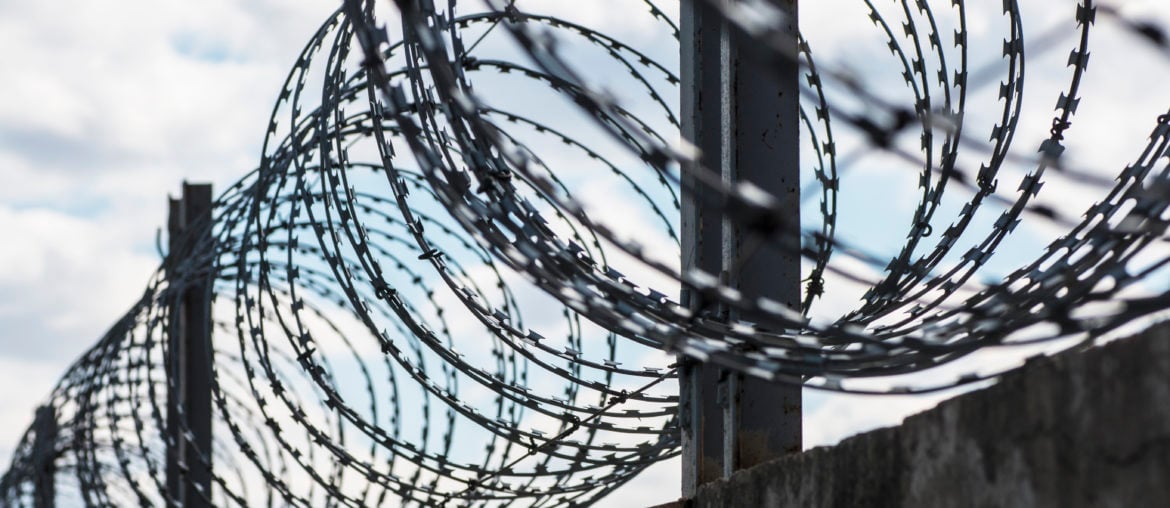On December 2, the US Government announced the latest in a long series of actions responding to allegations of forced labor of Muslim Uyghurs and other ethnic minorities in Xinjiang, China. Specifically, US Customs and Border Protection (“CBP”) issued a Withhold Release Order (“WRO”) dated November 30, 2020 against cotton products made by the Xinjiang Production and Construction Corps (“XPCC”). The WRO was issued based on information that CBP believes reasonably indicates XPCC’s use of…
Yesterday U.S. Customs and Border Protection (CBP) issued its first finding of forced labor in 24 years (Finding) against importation into the United States of certain goods from a Chinese company. The Finding was made pursuant to 19 U.S.C. 1307, which prohibits the importation of merchandise mined, manufactured, or produced, wholly or in part, by forced labor, including convict labor, forced child labor, and indentured labor. Building upon the withhold release order issued in May…
As companies increase their environmental, social and governance (ESG) reporting and statements in response to market and shareholder demands, plaintiffs have pursued with growing success legal challenges to company claims and disclosures related to ESG performance. Similarly, inventive theories are being put forward to directly attack companies for alleged ESG-related performance and operational deficiencies. In both arenas, there has been a recent growth in efforts to hold companies accountable for supplier misconduct. The expanding growing misstatement and performance litigation…
Many companies conduct audits of suppliers for compliance with applicable laws, including laws regulating forced labor, trafficking, underage labor, worker safety, and related human rights matters. But what are the key legal considerations in conducting supplier compliance audits, and what is the best practice for doing so?
Employees – including supplier workers – are the backbone of any business. Protecting worker safety in the supply chain is a complex undertaking, and COVID-19 has introduced additional complexities regarding employee safety and remote work. While this blog has touched on modern slavery and trafficking in prior posts, the following are a few of the most recent developments in other areas of worker safety and related considerations to help employers navigate the ever-evolving laws that…
Overview On July 20, 2020, Republican Senator Josh Hawley of Missouri introduced the Slave-Free Business Certification Act (“the Act”). If passed, the Act would require every “covered business entity” — defined as any issuer under section 2(a) of the Securities Act of 1933 that has annual, world-wide gross receipts of $500 million — to audit and report on instances of forced labor in their supply chains. Companies that deliberately violate the Act could be liable…
Overview The Alien Tort Statute (“ATS”) has been the subject of several US Supreme Court decisions over the past decade. To summarize its long and complicated past, the ATS is a statute that gives US federal courts jurisdiction to hear lawsuits filed by non-US citizens for torts committed in violation of international law. In recent years, plaintiffs have tried to use the ATS as a vehicle to hold multinational corporations liable for human rights violations…
Note that this post originally appeared on Baker McKenzie’s Sanctions and Export Controls Update blog. On July 1, 2020, the US Department of State, jointly with the US Department of Treasury, the US Department of Commerce, and the US Department of Homeland Security, issued an advisory (the “Advisory”) to caution US businesses about the risks of supply chain links to entities that allegedly engage in human rights abuses including the forced labor of Uyghurs, ethnic…
Corruption and sourcing-related human rights risks are top of mind for many companies, and for good reasons. Both risk categories potentially carry substantial legal and PR risks and can be outside of a company’s direct control to the extent they are implicated by the conduct of third parties. However, corruption and responsible sourcing risks are often managed by different corporate functions. Corruption risks traditionally fall under the ambit of the legal/compliance department, whereas responsible sourcing…
Child labor and other human rights violations occur around the world, and completely eliminating them from corporate supply chains is a daunting task. However, companies can take several steps to mitigate the risk of violations in their supply chains while demonstrating a firm commitment to responsible sourcing. A recent British documentary highlights both the importance of these steps as well as the limits of even the most aggressive measures. Britain’s Channel 4 Dispatches recently aired…





